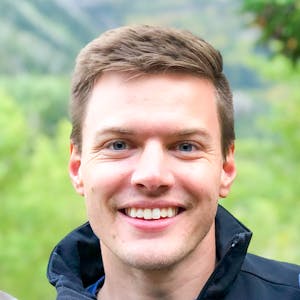And this is where I will focus my talk. In 2011, there were no technologies communities in Colombia. No conference, no events, nothing related to technology, until six individuals decided to create a community and a conference. And Bogota.conf was created, a conference in the capital of the country to talk about software.
There were a few hundred attendees and it was a successful conference. The conference led to the first technology meetup in the country, Bogota.js. In 2012, another community leader, after seeing what was happening in Bogota, decided to start managing JS, the first technology and JavaScript meetup in the city. In 2013, the team decided to create the first JSConf Colombia and that's where the revolution started.
After this, the growth of technology and communities became exponential. Around 400 people attended and there were many great speakers, networking, amazing energy, and initiatives to create impact. After JSConf, leaders in other cities wanted to be part of this revolution, and other meetups were created, including Kali.js. Then other small cities started to join, like Pereira, Boca de Manga, Manizales, Quibdó, Montería, Valle de Dupar, Popoyán, and Barranquilla.
But it doesn't stop there. In 2015, some JavaScript leaders thought to the Ruby community to create a conference focused on Ruby and RubyConf was created. We are a big group of people collaborating, networking, sharing, teaching, and learning from each other. ColombiaDev was created as the entity that groups together all the meetups and conferences, following the Code of Conduct, always talking to account inclusion and diversity, and generating social impact by making knowledge accessible to as many Colombians and Latinos as possible.
Now, and a few years after the revolution started, there are 95 meetups across the country in 16 different cities. There are more than 100,000 people attending to these meetups regularly. There is more than 100,000 lives impacted by technology and communities, including me. And many people have accomplished great things, found new jobs, found new friends, and improved their careers. Adding to the list of conferences in the last couple of years was created Skel comp, Py comp, J comp, Node comp, Reactla comp, CSS Comp, Git comp, Voya comp, Vuevixen, and others. What happened in Medellin is magical. Most of these conferences are happening in the city. While it started with six leaders, now there are hundreds of leaders organizing all these meetups and conferences all over the country. Now we have one of the largest Spanish-speaking tech community in the world. We have Viva platform. Today, Colombia community is recognized worldwide. This is how JS comp looks like. We also have news like this. Forget your preconceptions.


















Comments